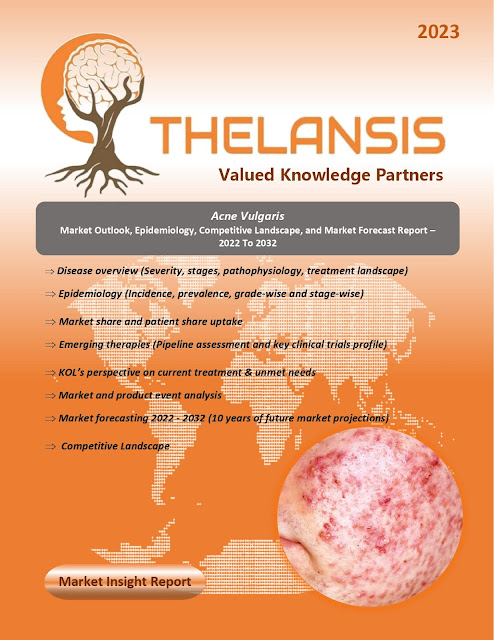Hematological Malignancies – Market Outlook, Epidemiology, Competitive Landscape, and Market Forecast Report – 2022 To 2032
Hematologic malignancies, also known as hematological or blood cancers, refer to a group of cancers affecting the blood, bone marrow, and lymphatic system. These malignancies arise from abnormal growth and division of blood cells, including white, red, and platelets. Common hematologic malignancies include leukemia, lymphoma, and multiple myeloma. The signs and symptoms of hematologic malignancies can vary depending on the specific type and stage of the cancer. While the exact causes of hematologic malignancies are often unknown, several risk factors have been identified: Genetic predisposition, Exposure to certain chemicals and radiation, Age, Previous cancer treatments, and Viral infections. Hematologic malignancies arise from genetic mutations or abnormalities in the DNA of blood cells. These mutations disrupt the normal regulation of cell growth and division, leading to the uncontrolled proliferation of abnormal cells. Different blood cell lineages may be affected depending on the specific type of malignancy. Some hematologic malignancies, such as acute lymphoblastic leukemia in children, have high cure rates with appropriate treatment. In contrast, other types, such as specific subtypes of acute myeloid leukemia or aggressive lymphomas, may have a poorer prognosis.
·
Approximately in every 3 minutes, one person
in the US is diagnosed with leukemia, lymphoma, or myeloma. Combined Incidence
cases of leukemia, lymphoma, and myeloma are expected to account for 9.8 per
100,000
Thelansis’s “Hematological
Malignancies Market Outlook, Epidemiology, Competitive Landscape, and Market
Forecast Report – 2022 To 2032" covers disease overview, epidemiology,
drug utilization, prescription share analysis, competitive landscape, clinical
practice, regulatory landscape, patient share, market uptake, market forecast,
and key market insights under the potential Hematological Malignancies
treatment modalities options for eight major markets (USA, Germany, France,
Italy, Spain, UK, Japan, and China).
KOLs insights
of Hematological Malignancies across 8 MM market from the centre of Excellence/
Public/ Private hospitals participated in the study. Insights around current
treatment landscape, epidemiology, clinical characteristics, future treatment
paradigm, and Unmet needs.
Hematological Malignancies Market Forecast Patient
Based Forecast Model (MS. Excel Based Automated Dashboard), which Data Inputs
with sourcing, Market Event, and Product Event, Country specific Forecast
Model, Market uptake and patient share uptake, Attribute Analysis, Analog
Analysis, Disease burden, and pricing scenario, Summary, and Insights.
Thelansis Competitive Intelligence (CI) practice
has been established based on a deep understanding of the pharma/biotech
business environment to provide an optimized support system to all levels of
the decision-making process. It enables business leaders in forward-thinking
and proactive decision-making. Thelansis supports scientific and commercial
teams in seamless CI support by creating an AI/ ML-based technology-driven
platform that manages the data flow from primary and secondary sources.




Comments
Post a Comment